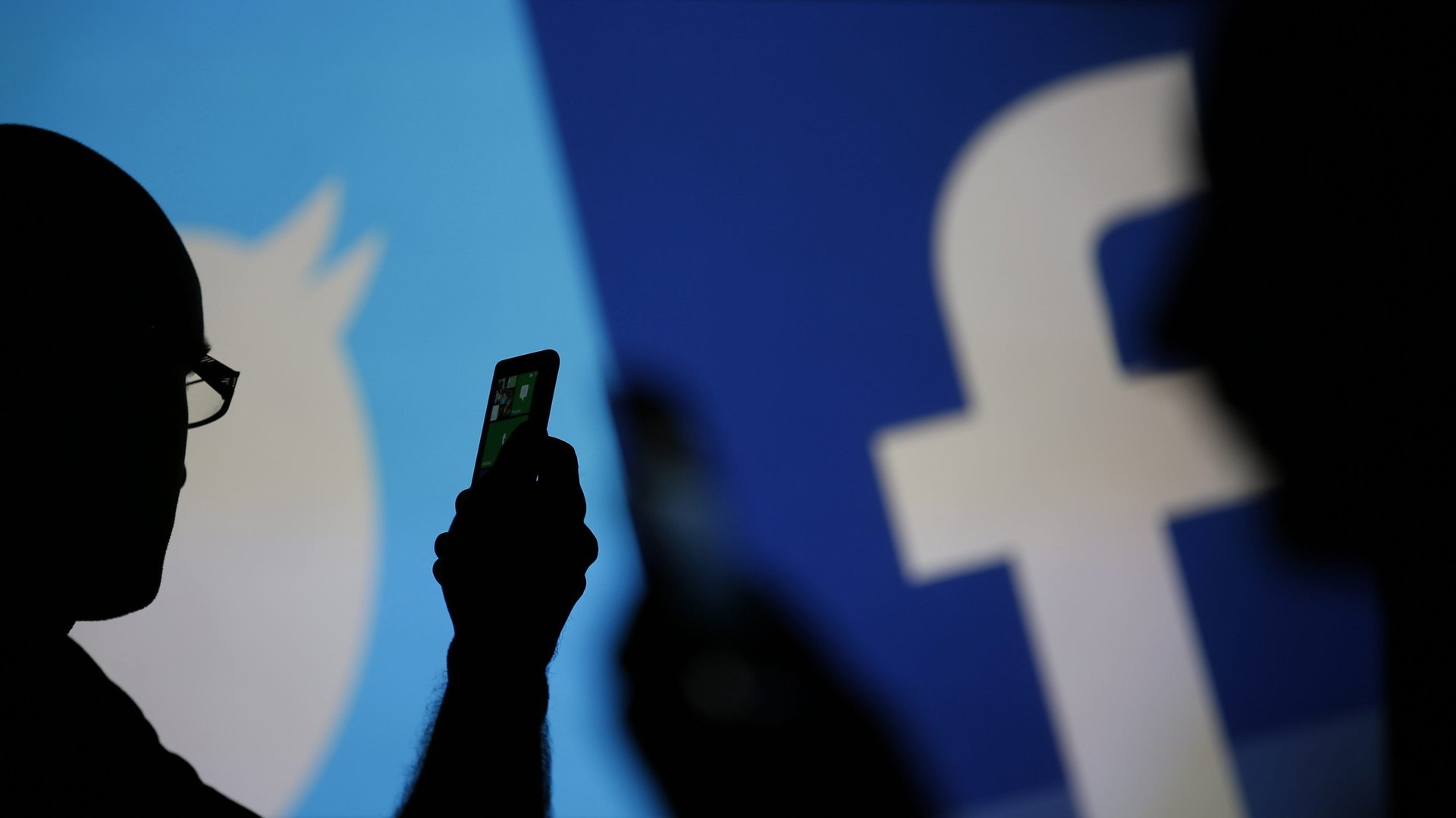India’s new IT rules have made a high-profile role at social media firms undesirable
Being the grievance officer for a social media company is perhaps one of the most high-risk jobs in India right now.


Being the grievance officer for a social media company is perhaps one of the most high-risk jobs in India right now.
The new IT rules introduced in the country on May 24 put the grievance officer of a social media platform—who is typically responsible for addressing users’ complaints—at the risk of getting arrested for any objectionable content posted by users.
The rules mandate all intermediaries to appoint a grievance officer locally and make his or her contact details public. The grievance officer is responsible for acknowledging each complaint within 24 hours and resolving them within 15 days. While that in itself makes the job hard given that social media platforms in India have millions of users who could object to thousands of posts every day, the role gets even tricker. The grievance officer is supposed to “receive and acknowledge any order, notice, or direction issued by the authorities,” the law states.
“When the IT intermediary rules’ grievance officer acknowledgment is read with the liability provision of the IT Act, the grievance officer can be arrested” for any legal proceedings around user-generated content, said Salman Waris, managing partner at law firm TechLegis.
Risks for grievance officers of Facebook, Twitter, and WhatsApp in India
Such accountability isn’t completely out of the norm because Indian laws already hold a company’s officials liable for a violation committed on their watch, Waris said. However, the risks for a grievance officer at a social media company are way higher than officials of any other firm.
Under the new IT rules, the grievance officer of a social media firm can be held criminally liable for any violations on the platforms.
“Nowhere in the world in any large democracy, criminal liability for intermediaries’ employees exist,” said Mishi Choudhary, a technology lawyer with a practice in New York and New Delhi. “We should do away with criminal liability completely and concentrate on addressing actual problems that exist on these platforms, which are plenty.”
Since the new regulations came into effect, multiple police complaints have been filed against social media platforms. Facebook’s managing director has also been summoned as a witness in a case pertaining to last year’s Delhi riots.
Also, in recent months, social media companies have been under fire from the Indian government. The government has threatened to jail Facebook, WhatsApp, and Twitter officials for not complying with data and takedown requests. Some believe these companies are being targeted because the authorities are trying to quash dissent, which is frequently voiced on these platforms.
“With all the adverse government action against these companies, no one wants to be in this hot seat,” said Waris.
Meanwhile, it has been hard for these companies to fill up the post of a grievance officer—and retain the person.
Microblogging platform Twitter had a weeks-long tussle with the government and missed the deadline to comply with the new rules, only to hire an interim officer who quit in less than a month. On July 12, it hired Vinay Prakash to fill the vacancy.
WhatsApp has listed New Delhi-based Paresh B Lal as its grievance officer but also said, “Please do not use the Grievance Officer channel for any law enforcement requests, or to serve any legal process.” There’s a separate procedure for that.
Intermediaries’ employees being personally liable for other people’s crimes “will definitely not attract any applications” and “this does not portend well for any effective grievance redressal,” said Choudhary. The burden of effectively monitoring user-generated content is too high to put on a handful of people, she added.